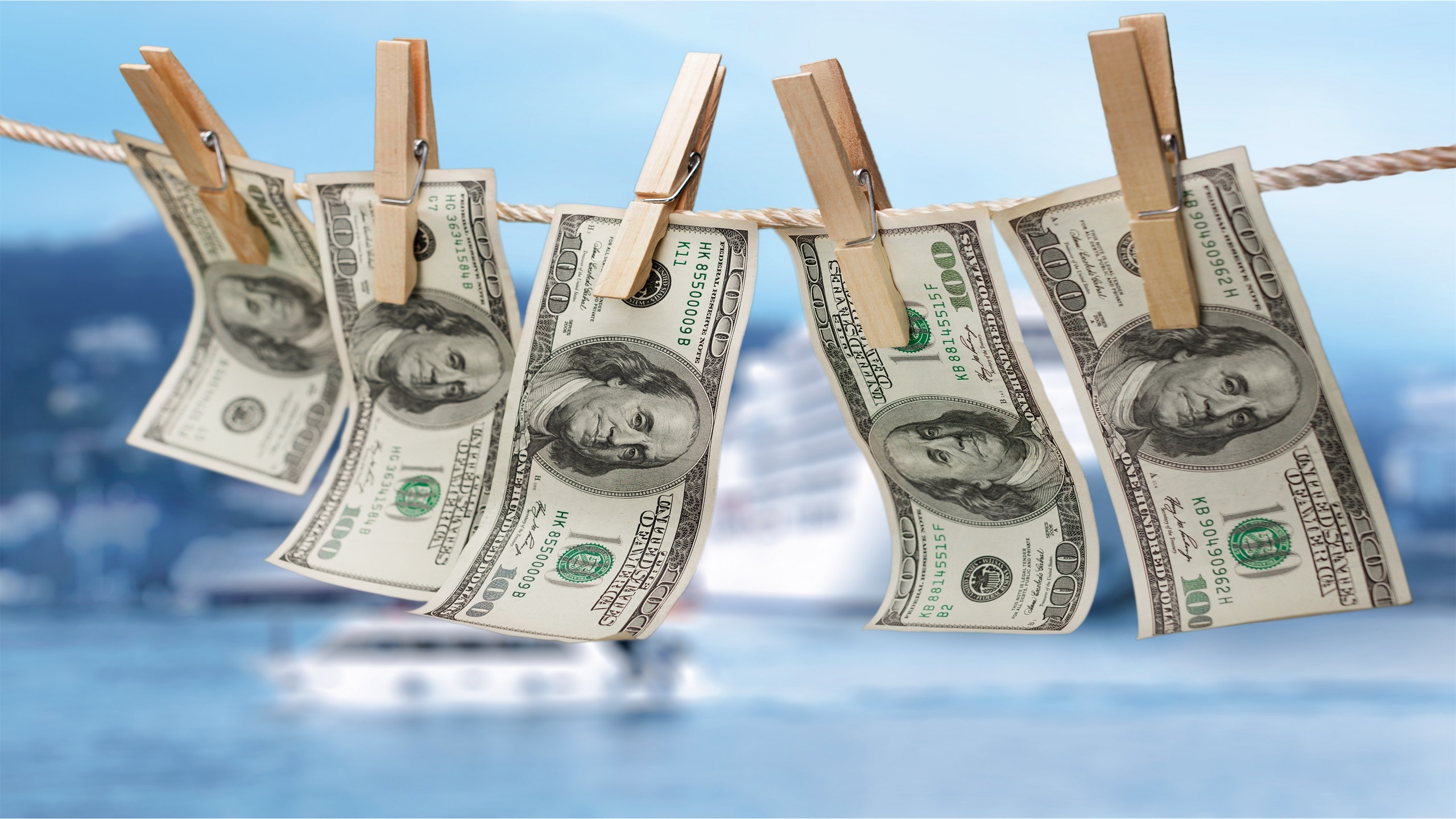Saudi Arabia’s Battle Against Money Laundering
Al Riyadh, Saudi Arabia, August 2
Ten days ago, the Public Prosecution Office in the Kingdom of Saudi Arabia issued its ruling in a money laundering case. The case included a Saudi woman, her Arab husband, and a third, foreign, partner. The accusation against the three included laundering nearly $17 million obtained from unknown sources. The woman placed her business affairs at the disposal of her husband, and the husband teamed with the foreign individual to set up a business entity that would launder the funds in exchange for $2,700 per month. The defendants were fined $13 million and sentenced to 12 years in prison, along with the confiscation of their funds. The Saudi citizen will be prevented from traveling and her resident husband will be deported following the execution of the sentence. Money laundering began thousands of years ago, originally in the Chinese Empire, but it became a widespread phenomenon in the West with the rise of the Italian-American mobster Al Capone, who smuggled alcohol to America during Prohibition, under the Volstead Act. Al Capone made millions of dollars through the sale of liquor but was only prosecuted for tax evasion since money laundering wasn’t criminalized in America until 1986. In Saudi Arabia, the matter is governed by the Anti-Money Laundering Law issued in October 2017. The countries of the world spend eight billion dollars each year to combat money laundering. The percentage of cash that goes into global laundering operations is estimated at over 5% of the global economy, or nearly $4 trillion each year. Laundered money is the primary way in which terrorist groups and crime networks fund drugs and arms smuggling, organ trade, and sex slaves. Indeed, laundered money has been at the center of the Pandora and Panama papers, which shed light on extensive Russian money laundering, along with the Altaf Khanani organization, which works to launder money for the benefit of al-Qaida, the Taliban, and Hizbullah, in addition to drug cartels in Mexico and Colombia. The Kingdom of Saudi Arabia is committed to international anti-money laundering standards. To date, the Saudi government implemented 38 out of 40 priorities it has set for itself in the field of combating money laundering, putting it at the forefront of the Financial Action Task Force, an international group launched to develop policies to combat money laundering. It is also the only Arab country that is a member of the group. Most recently, Saudi Arabia launched four specialized committees that monitor suspicious money activity, consisting of the Central Bank, the Presidency of State Security, and the Foreign Affairs and Interior ministries, all of which work together to protect the national economy. –Badr Bin Saud (translated by Asaf Zilberfarb)
Give the gift of hope
We practice what we preach:
accurate, fearless journalism. But we can't do it alone.
- On the ground in Gaza, Syria, Israel, Egypt, Pakistan, and more
- Our program trained more than 100 journalists
- Calling out fake news and reporting real facts
- On the ground in Gaza, Syria, Israel, Egypt, Pakistan, and more
- Our program trained more than 100 journalists
- Calling out fake news and reporting real facts
Join us.
Support The Media Line. Save democracy.



